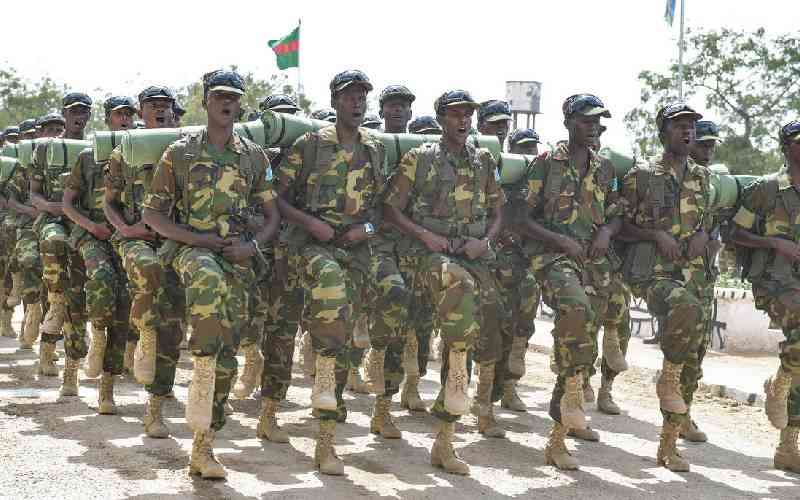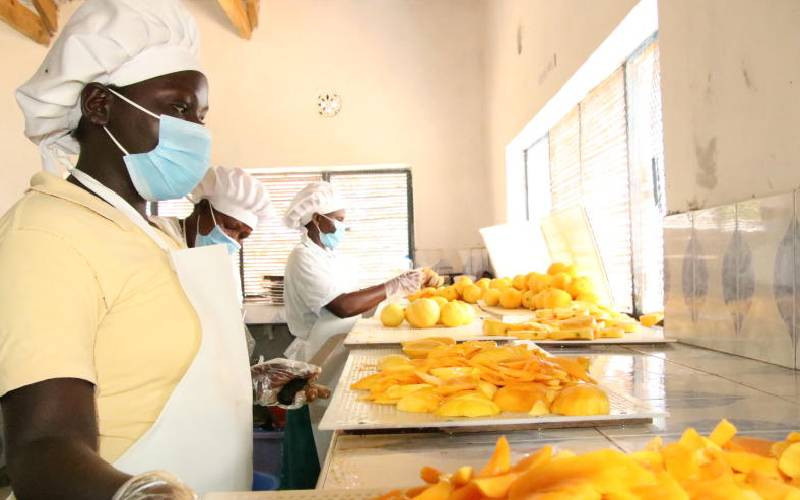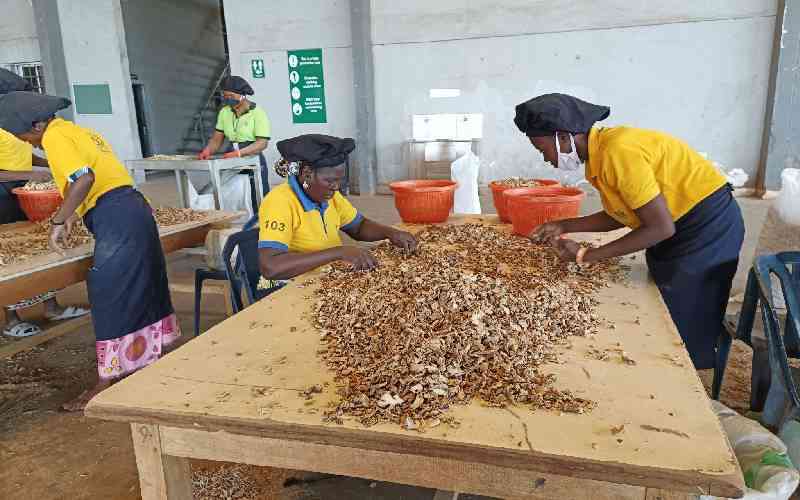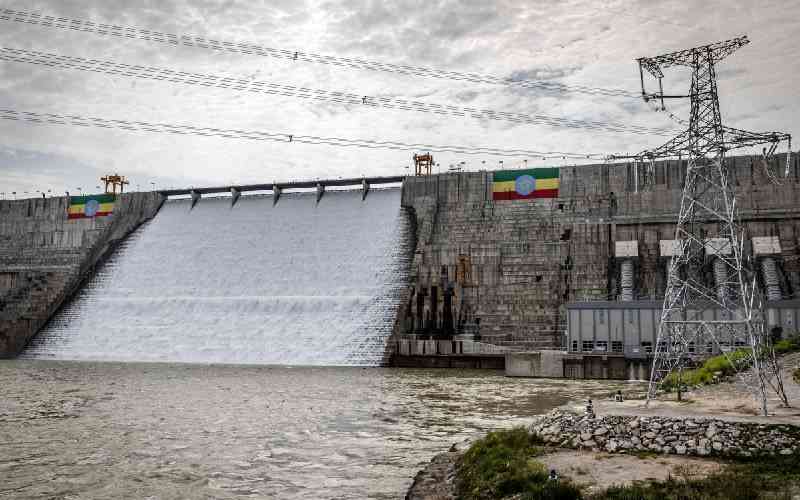
Regional leaders head to the United Nations General Assembly this month where a side meeting will focus on securing financing for the AU’s new mission in Somalia, AUSSOM. Yet this discussion may be coming a little too late. The Somali government has already lost crucial momentum in managing the security transition, muddling offensives once hailed as a turning point, and is now heading into a political transition far riskier than those before it. Without urgent regional engagement, Somalia risks sliding into a crisis that no amount of pledges in New York will be able to contain.
For more than a decade, Somalia’s electoral cycles followed a flawed but familiar pattern: elections delayed, tempers flared, and then an elite bargain was struck; often with heavy nudging from international partners. This time, that safety net may no longer hold. Unlike before, the centre’s exclusionary political strategy and faltering offensives have eroded trust internally, while the outside world is quietly stepping back. That combination makes this transition uniquely perilous.
Over the past two years, the federal government has fast-tracked a constitutional review that critics say lacks broad consensus. The process itself has been exclusionary, sidelining federal member states and opposition voices, while the substance of the reforms centers on reshaping the electoral system. Framed as democratization, the changes are widely viewed as a vehicle for consolidating power rather than building genuine consensus. The federal government is rallying around universal suffrage, even as the risks are plain to see.
In practice, as well, Somalia lacks the unified security forces, functioning institutions, and nationwide stability required to deliver one-person-one-vote elections. Instead, the changes risk consolidating power in the hands of the current administration while further alienating other political actors.
The government’s military campaign against al-Shabaab over the past few years has followed a similar pattern; ambitious in rhetoric but weak in execution. Offensives launched with great fanfare in 2022 initially raised hopes of a decisive shift. But overstretched forces, mounting casualties, and strained supply lines quickly eroded progress. Heavy reliance on clan militias provided short-term manpower but created long-term risks. The community defense forces, as they were known, complained of being left to shoulder government responsibilities without adequate support. Loyal to local leaders rather than Mogadishu, many withdrew under sustained al-Shabaab pressure, leaving newly liberated areas exposed. Predictably, al-Shabaab counter-attacked, reclaiming ground and undermining public confidence. The result is declining morale, fragmented forces, and renewed skepticism about the government’s ability to deliver security.
These political and security failures intersect with a deeper rupture in federal relations. Disputes over power-sharing and resource allocation have escalated to the point where two federal member states have severed ties with Mogadishu. This breakdown is more than symbolic: without the cooperation of the member states; who control territory, forces, and constituencies, no political transition can succeed. The elite consensus that once carried Somalia through its transitions has fractured, leaving the centre increasingly isolated.
What makes this transition especially dangerous is that the international safety net is fraying. In past crises, the United Nations, the African Union, and Western donors played decisive roles in pushing Somali leaders toward compromise. Today, their attention and resources are elsewhere. AUSSOM is underproduced, the UN mission is in transition, and donor fatigue is unmistakable. Into this vacuum has stepped Turkey, Somalia’s most prominent bilateral partner. Ankara has invested heavily in infrastructure, trained Somali forces, and cultivated close ties with Mogadishu. Yet its ability to broker national consensus is untested, and its influence is concentrated in the centre rather than across the federal landscape. Meanwhile, Somalia’s neighbors; Kenya, Ethiopia, and Djibouti, retain real leverage but have remained on the sidelines.
The risk is clear; if the current belligerent trend continues, Somalia may not experience just another delayed election but a slide toward armed confrontation. Without early engagement, the eventual outcome could be yet another externally brokered agreement, this time cobbled together by fewer, less committed actors, and at a much higher cost.
The region cannot afford to be passive. Refugee flows, extremist networks, and arms trafficking will not stop at Somalia’s borders. The Horn has stepped in before at a high cost through IGAD frameworks, Djibouti-led talks, and AU peacekeeping. The lesson from history is that waiting until violence erupts guarantees a reactive and costly intervention. Acting now, with urgency and foresight, offers a chance to prevent escalation and stabilize Somalia’s transition before it becomes another regional crisis.
Somalia’s future is inseparable from the stability of the Horn of Africa. The question is whether regional actors will recognize their responsibility early or whether they will once again be forced to pick up the pieces after the damage is done.







